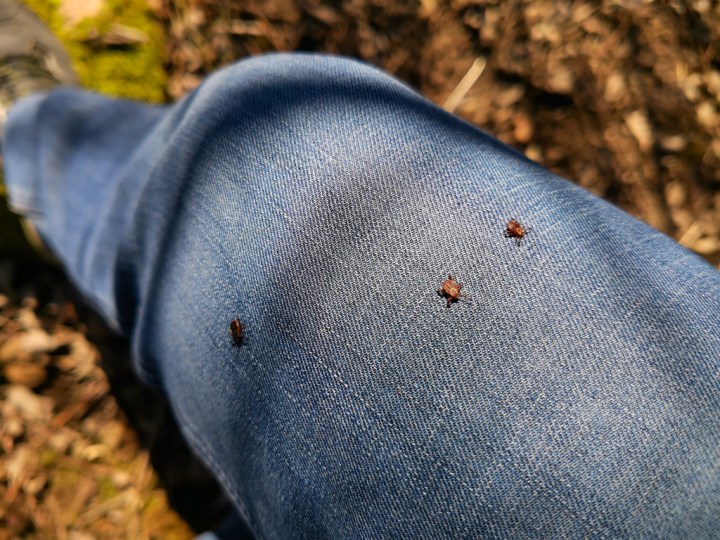A Tickborne Illness That Can Be More Severe Than Lyme Disease Is On The Rise In New Hampshire
Outdoor recreation is a way of life here in the Granite State. Generally, the woods are a safe place to be, but illness from tick bites is a growing concern for anyone who spends time in the state’s forests. In addition to the existing well-known consequences of tick bites, a new tickborne illness is becoming more prevalent in the region.


Advertisement

Advertisement





Here are more ways you can protect yourself from tick bites. Also, be sure to thoroughly check your pets for ticks after being outdoors. The most updated information on babesiosis can be found on the Centers For Disease Control website.
OnlyInYourState may earn compensation through affiliate links in this article. As an Amazon Associate, we earn from qualifying purchases.
Featured Addresses
New Hampshire, USA




